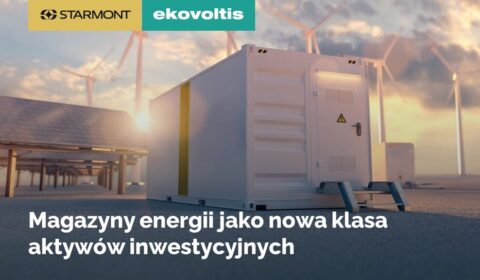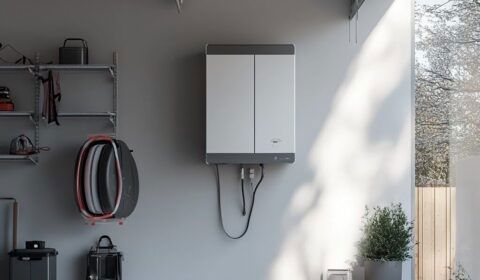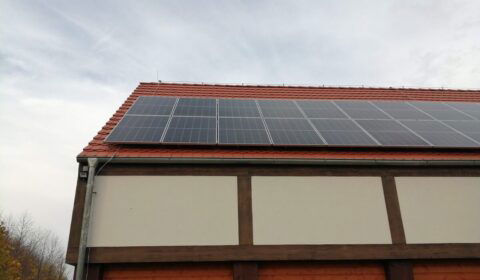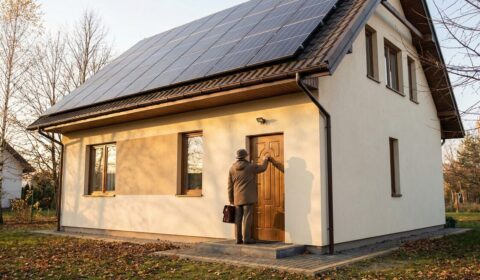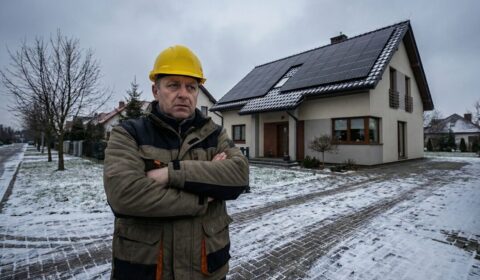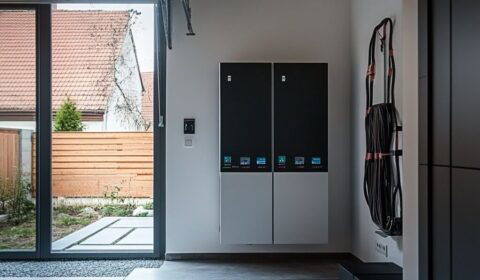Niemcy EV 5 GW
“Almost all this new-build capacity will likely involve renewables, including wind and solar power, with some gas-powered generation.”
While the impact on overall demand would be limited to begin with, the growth of electric vehicles would “likely reshape the electricity load curve”, McKinsey said.
“Pronounced effect”
“The most pronounced effect will be an increase in evening peakload, as people plug in their EVs when they return home from work or after completing the day’s errands”, added the report, pegging peakload demand to rise 1% by 2030 and about 5% by 2050.
This could also provide a challenge at distribution grid level, particularly in suburbs of large cities such as Berlin, it said.
However, the effect could be mitigated by incentivising owners to charge cars during offpeak hours after midnight, added the consultancy.
This echoed comments earlier in the year from the head of TSO 50Hertz, Boris Schucht, who said there was “no need to panic” over the growth in electric cars and that the grid could cope.





















